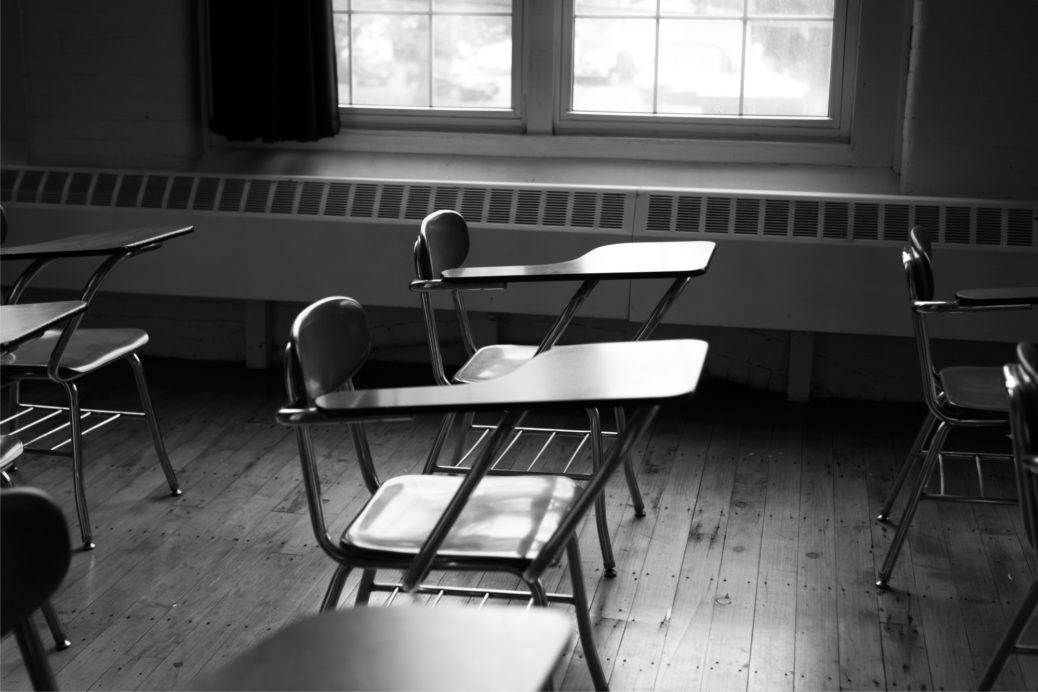By Dr.Judith Oloo
Seen as a beacon of hope for democratic values, good governance, rule of law and social inclusion for all of Africa, the 2010 Constitution, came with a lot of promise for all Kenyans. It was lauded as one of the most progressive instruments, guaranteeing economic, social and cultural rights and civil and political rights, whose promulgation was described by an international media house as marking ‘the birth of the second republic.’

This document is a milestone for the rights of children as it articulates internationally recognised fundamental human rights in keeping with the UN Convention on the Rights of the Child, the African Charter on the Rights and Welfare of Children and other international and regional treaties.
In the next 30 years, Africa will be home to a billion children. African states should therefore be compelled to commit to long-term investment in the realisation of child rights.
The constitution articulates the rights of children to include the right to a name, nationality, free and compulsory basic education, nutrition, shelter and health care. It compels the state to protect children from abuse, neglect, harmful cultural practices, violence, inhuman treatment and punishment and exploitative labour. The law further behoves decision-makers to uphold the ‘best interests’ of the child principle.
In line with this constitutional dispensation, the government has endeavoured to actualise its requirements by amending existing laws to comply, and or repeal laws that are inconsistent with the constitution.
For instance, stemming from the right to equality, which prohibits discrimination on many grounds including gender, Succession Act now provides that daughters, just like sons, have an equal right to inherit their parents’ property, and Children Act provides for equal parental responsibility of both parents whether married or not at the time of the child’s birth, thereby securing the rights of children born out of wedlock.
Examples of legislation inspired by this constitution include the Alcohol Drinks Control Act (2010), the Prohibition of Female Genital Mutilation Act (2014) and the Basic Education Act (2013). It is commendable that in the 2019/2020 budget estimates, the education sector was allocated Sh473 billion, the highest amount given any sector.
The government also initiated Vision 2030, highlighting the flagship projects to be undertaken towards the realisation of children’s rights for national prosperity. The National Plan of Action (2015-2022) was also installed to strengthen efforts to establish a mechanism for coordination throughout the country and to trigger further allocation of resources to support children rights. The National Adolescent Sexual Reproductive Health Policy to enhance the sexual and reproductive health status of adolescents was also launched.
However, despite the robust national legal framework, the country still appears far from providing an effective child protection system. Children’s rights look good on paper, but the situation on the ground remains grim—children continue to face challenges to their growth and development. Infant mortality remains high at 35.198 deaths per 1,000 live births in 2019. Children who survive infant mortality are faced with poverty exemplified by lack of food, poor medical care, child labour, and domestic violence. Further challenges are human trafficking, early marriages, sexual exploitation, homelessness and drug abuse, among others.
Feeding programme
On education, a study commissioned by EACHRights revealed that the right to access quality education remains a challenge for many children. And while enrollment, retention and transition rates went up from 73 per cent to 95 per cent during the free school feeding programme, that number took a plunge after the free school lunch ended. EACHRights also cited FGM and child marriage as the main cause of a huge number of school drop-outs. In 2019, the African Committee of Experts on the Rights and Welfare of the Child dedicated its session to children on the move after noting that millions of children were on the move for various reasons. It recommended that state parties address factors causing child migration through policy and institutional frameworks.
Covid-19 presented specific challenges to children, with the suspension of schooling. This has seen many girls falling pregnant and victims of early marriages and/or FGM.
In conclusion, while children have more comprehensive legal protection than 10 years ago, impediments to the full realisation of their rights remain, the major ones being poor implementation and enforcement of existing laws.
– Dr Oloo is CEO East African Centre for Human Rights (EACHRights) and chair, Department of Public Law, JKUAT School of Law
This article was first published on the Standard Newspaper.




